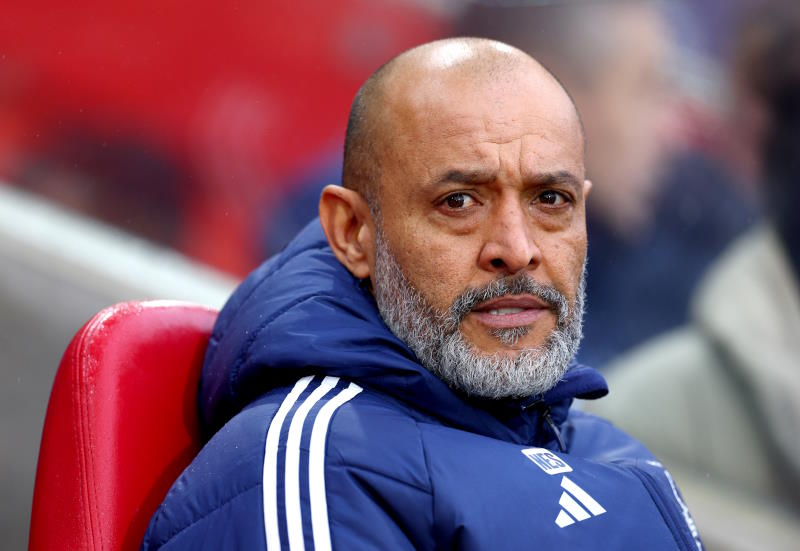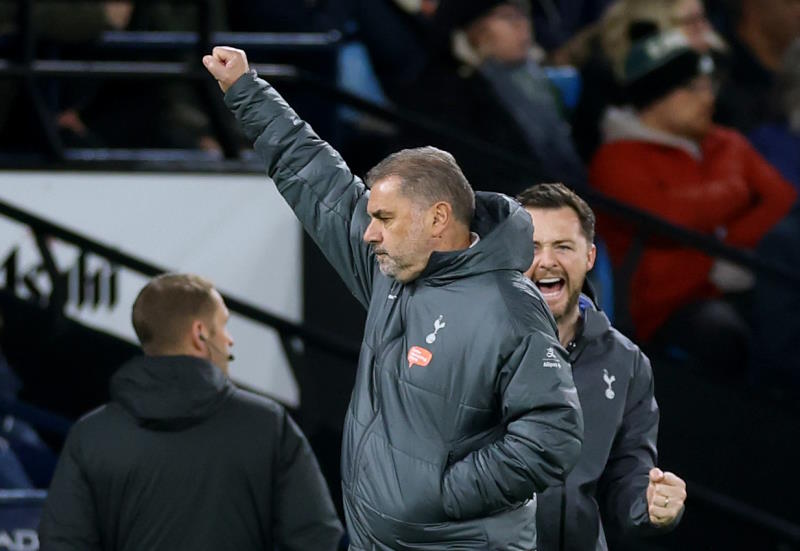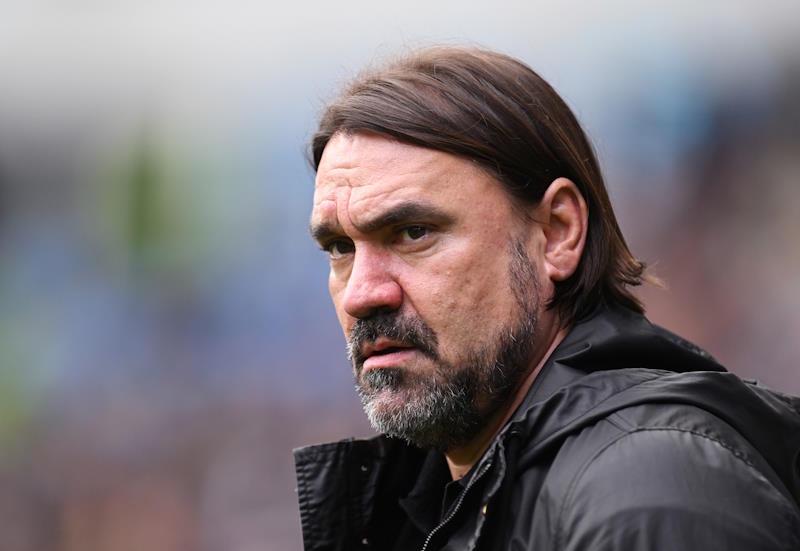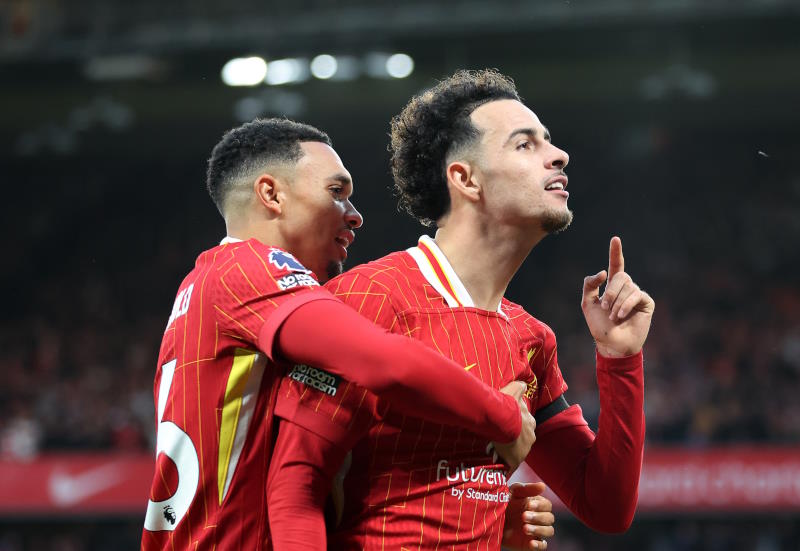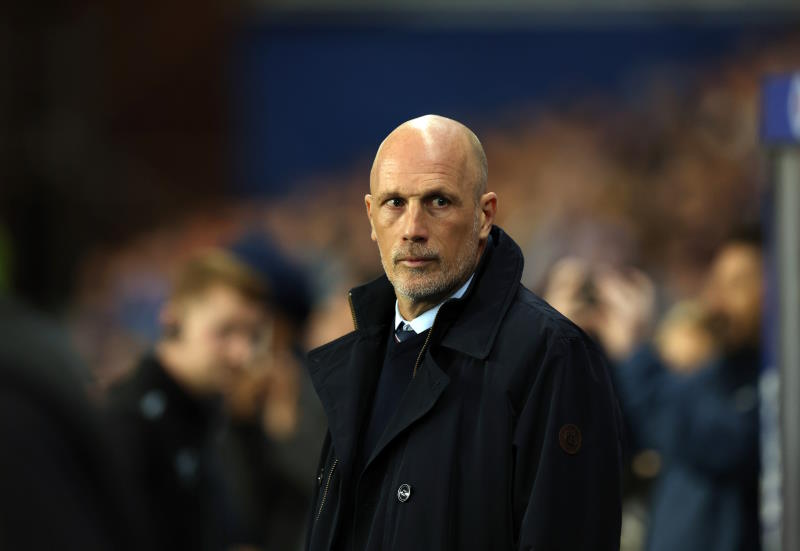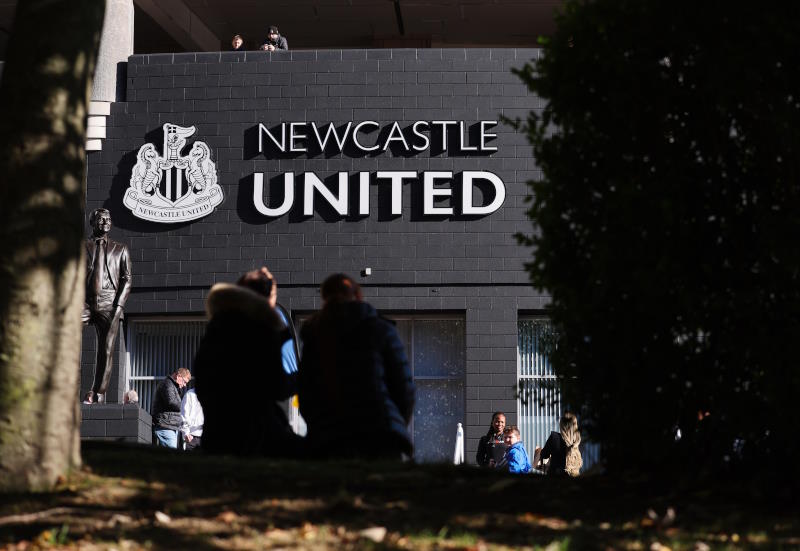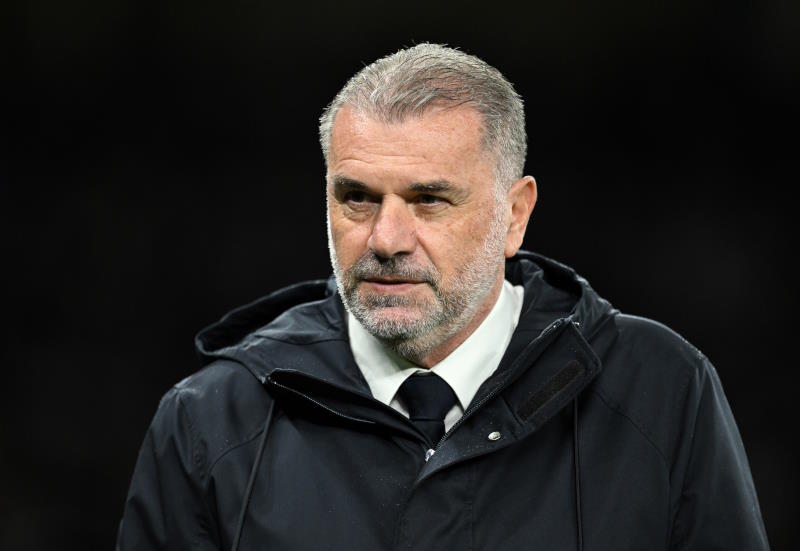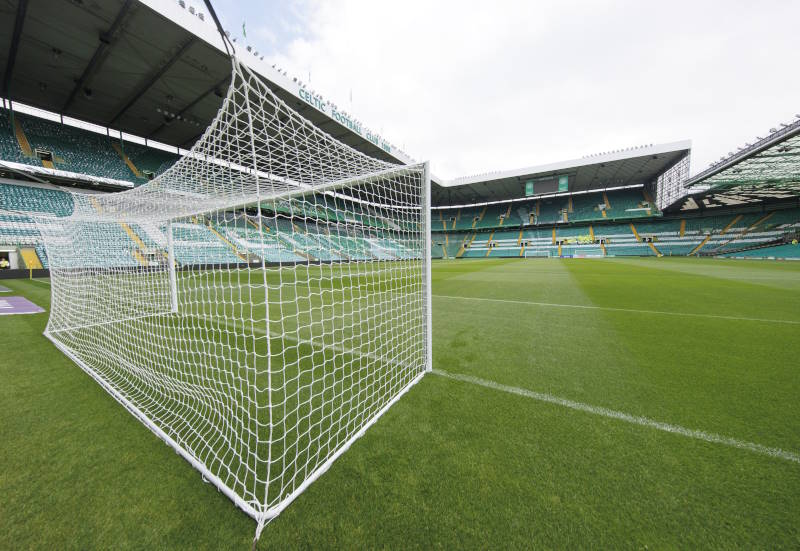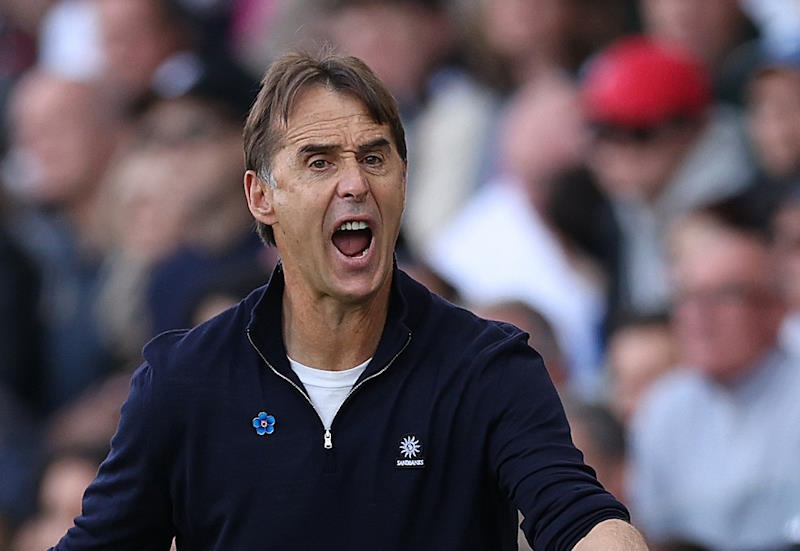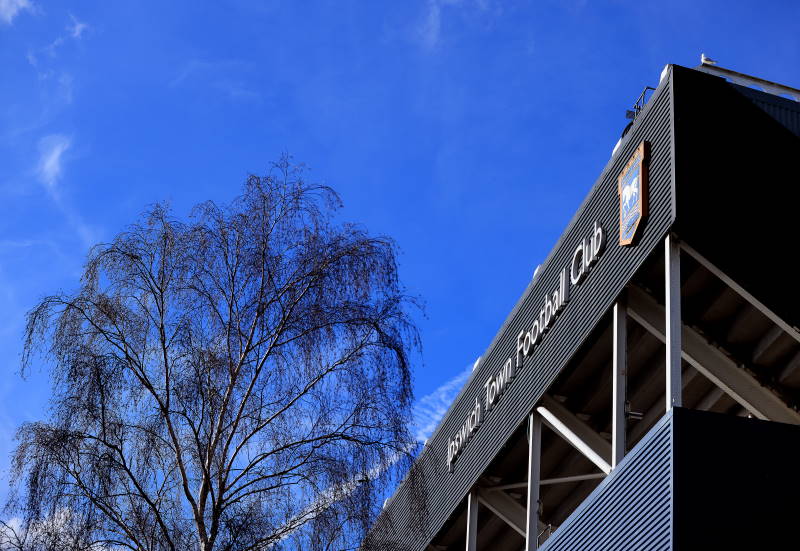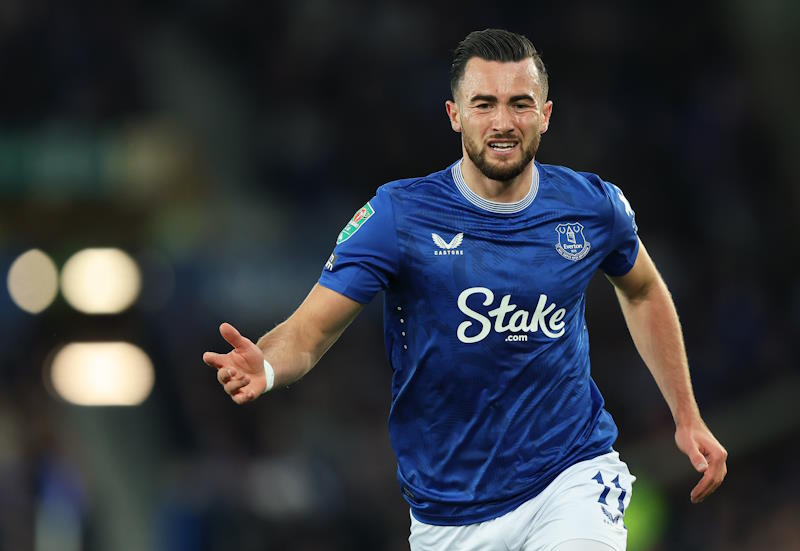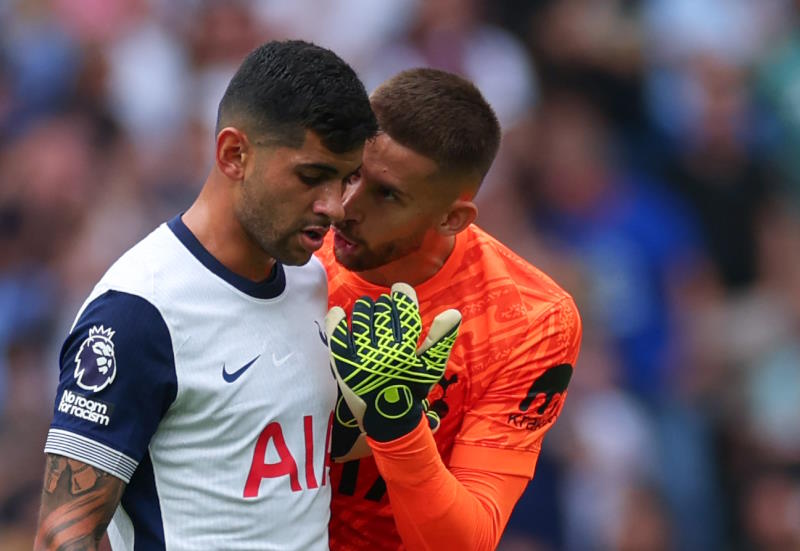
Matt Oldfield
In recent months, England Under-21 coach Stuart Pearce has put himself forward to manage the Great Britain squad at next year’s 2012 London Olympic Games, ruled himself out of the race to become the next manager of the senior national side, and earned himself a two-year extension from the country’s football association. The man affectionately known as ‘Psycho’, it seems, is in high demand.
The question however is ‘why?’. The jury is still out on Pearce’s managerial career to date, with his reign as England Under-21 boss still far from an unqualified success despite taking in three European Championship campaigns.
Inside Futbol assess the former Manchester City manager’s time in charge of England’s Young Lions.
2007 European Under-21 Championship – Holland
Star players: Ashley Young, James Milner, Tom Huddlestone, Leroy Lita
Qualification: First in group; four pts from two games
Finals: Second in group, third place overall, lost to Holland in semi-finals on penalties
Success? Mixed
When Pearce took charge in February 2007, England’s qualification campaign was already over. In the build-up to the finals in Holland the new coach’s side recorded high-scoring draws against Spain and Italy and a convincing win against Slovakia. The former left back found he had inherited an experienced squad from predecessor Peter Taylor, featuring the likes of Tom Huddlestone and record cap-holder James Milner, but one crucially lacking in true star quality. With a solid but unspectacular warm-up behind the side, expectations remained realistic going into the European Championship.
In the group stage, England began with draws against the Czech Republic and Italy, the latter match seeing Pearce’s side 2-0 up, but showing a frustrating inability to hold on. It took an unconvincing but clinical 2-0 win against group winners Serbia to lift England past Italy and into the semi-finals, Leroy Lita and Matt Derbyshire finding the net.
Now in the semi-finals, England met holders and Group A winners Holland, who counted Ryan Babel and Royston Drenthe amongst their talented numbers. Pearce’s side however once again took the lead and again gave it away, as a late Dutch goal took the game into extra-time, and eventually to penalties. After an incredible 24 spot-kicks, the match was eventually decided by an Anton Ferdinand miss. Pearce’s team battled bravely against a superior side, ending the game with just nine fit players.
2009 European Under-21 Championship – Sweden
Star players: Joe Hart, Micah Richards, Theo Walcott, James Milner
Qualification: First in group, 22 points from eight games, unbeaten, defeated Wales in the playoffs
Finals: First in group, runners-up overall, lost to Germany in the final
Success? Yes
Pearce’s new and improved side breezed through the first round of qualification with aplomb, scoring 17 goals and conceding just one. Up front, Walcott and Gabriel Agbonlahor provided breakneck pace, flair and goals; at the back, Hart and Richards were all but impenetrable; and in midfield, Milner was finding the form that would soon see him become a regular full international.
A comfortable 2-0 home victory over a talented Portuguese side was a particular highlight for Pearce and his players. However, an element of complacency led to uninspiring draws against Romania, Poland and Slovenia, and most importantly a nail-biting 5-4 aggregate victory over Wales in the qualifying playoff. Despite this nervy finish, the Young Lions travelled to Sweden as one of the favourites to win the tournament.
England made a wonderful start to the European Championship with wins over Finland and a much-feted Spanish side. A solid 1-1 draw against Germany saw Pearce’s England progress as group-winners and in so doing book a spot against hosts Sweden.
After a rampant early spell, Pearce’s team scored three unanswered goals in the first 38 minutes; complacency once again crept in though as Sweden fought back to level the game and take it to extra-time and penalties. The parallels with 2007’s semi-final against Holland were hard to ignore. This time however, five composed penalties and some excellent goalkeeping from Joe Hart saw England progress.
In the final England were once again faced with the prospect of a German side featuring future stars Manuel Neuer, Jerome Boateng, Mesut Ozil and Sami Khedira. In a rather one-sided encounter, Pearce’s side were outclassed, with Ozil in particular untouchable in midfield. Germany ran out 4-0 winners, cruelly highlighting a significant gulf in class. Despite a strong overall performance in Sweden, it was back to the drawing board for Pearce.
2011 European Under-21 Championship – Denmark
Star players: Micah Richards, Andy Carroll, Danny Welbeck, Jack Wilshere
Qualification: Second in group behind Greece, 17 points from eight games, defeated Romania in playoffs
Finals: First-round elimination
Success? No
With Milner, Hart and Walcott moving to the senior England squad, and Huddlestone and Agbonlahor no longer eligible, Pearce was once again forced to reinvent his side.
While Richards remained as a rock at the back, the new England team had lost quality and experience all over the pitch. Despite a solid start to qualification, with wins over Macedonia (twice) and Portugal, Pearce’s side came up short against Lithuania (0-0) and group winners Greece (1-1 and
2-1). Carroll, Wellbeck and Daniel Sturridge led the line, and goals were rarely an issue, but defensively England often looked shaky.
As second best runners-up, Pearce’s side progressed to the playoffs, where they edged out Romania 2-1 on aggregate. Despite an unconvincing qualification campaign and friendly losses to Italy, Germany and Iceland in their warm-up games, much faith was still held in England’s new generation as they headed for Denmark.
An injury to Carroll and the withdrawal of Wilshere left a tired England squad ill-equipped in the finals. Against Juan Mata’s Spain, a late Welbeck goal secured a precious and respectable point, but the Young Lions could not find the net in a frustrating 0-0 draw with the Ukraine. In the final game against the Czech Republic, England had to win to progress and they looked to be on track after a second half Welbeck strike. But once again Pearce’s side switched off, as two late goals saw England crash out of the tournament in spectacular fashion.
Pearce blamed his team’s embarrassing exit on “a little bit of naivety”, but the coach was roundly criticised for his negative long-ball tactics, and most significantly his decision to field three defensive-minded midfielders in the must-win game against the Ukraine. Pearce was, however, right to point out that the disappointment would prove an important learning curve for his young players.
Conclusion and the Future
Pearce’s side have responded to their disappointment in style with 6-0 , 4-1 and 3-0 wins over Azerbaijan, Israel and Iceland respectively. Everton midfielder Ross Barkley is showing early signs of greatness, backed up by experienced players like Jordan Henderson and Jack Rodwell, while Arsenal’s Alex Oxlade-Chamberlain already looks a gem.
In many ways, it is a difficult time for Pearce; with Fabio Capello blooding as many youngsters as possible, Pearce is having to cope without the likes of Chris Smalling, Phil Jones, Jack Wilshere, Tom Cleverley and Danny Welbeck. With this in mind, England are performing admirably, but tougher tests lie ahead. However, the continuity of Pearce as coach could be a big factor in their success.
But what of Pearce? ‘Hit and miss’ is a phrase that certainly comes to mind when talking of his stint as Under-21 coach. As a mentor, Pearce seems proficient, but as a tactician, he has an awful lot to learn.
At youth level at least, England should be playing exciting, fast-flowing football; it is the time to be experimental and creative. Instead, the former Manchester City manager has his side playing the static, uninspired football that has seen England sides junior and senior outclassed by European opponents for years. The weaknesses of Pearce’s side seem all too similar to those of their elders, most notably the elements of complacency and mental fragility. As Pearce himself admitted, he is years away from a truly high-profile job, yet took the Under-21 reigns back in 2007.
Ultimately, Pearce’s performance has depended upon the quality of his side much more than on his own expertise. At international level, a coach has the valid excuse of only being able to work with what he is given. With this in mind, a return to domestic management would be a strongly-recommended prescription for Pearce.

